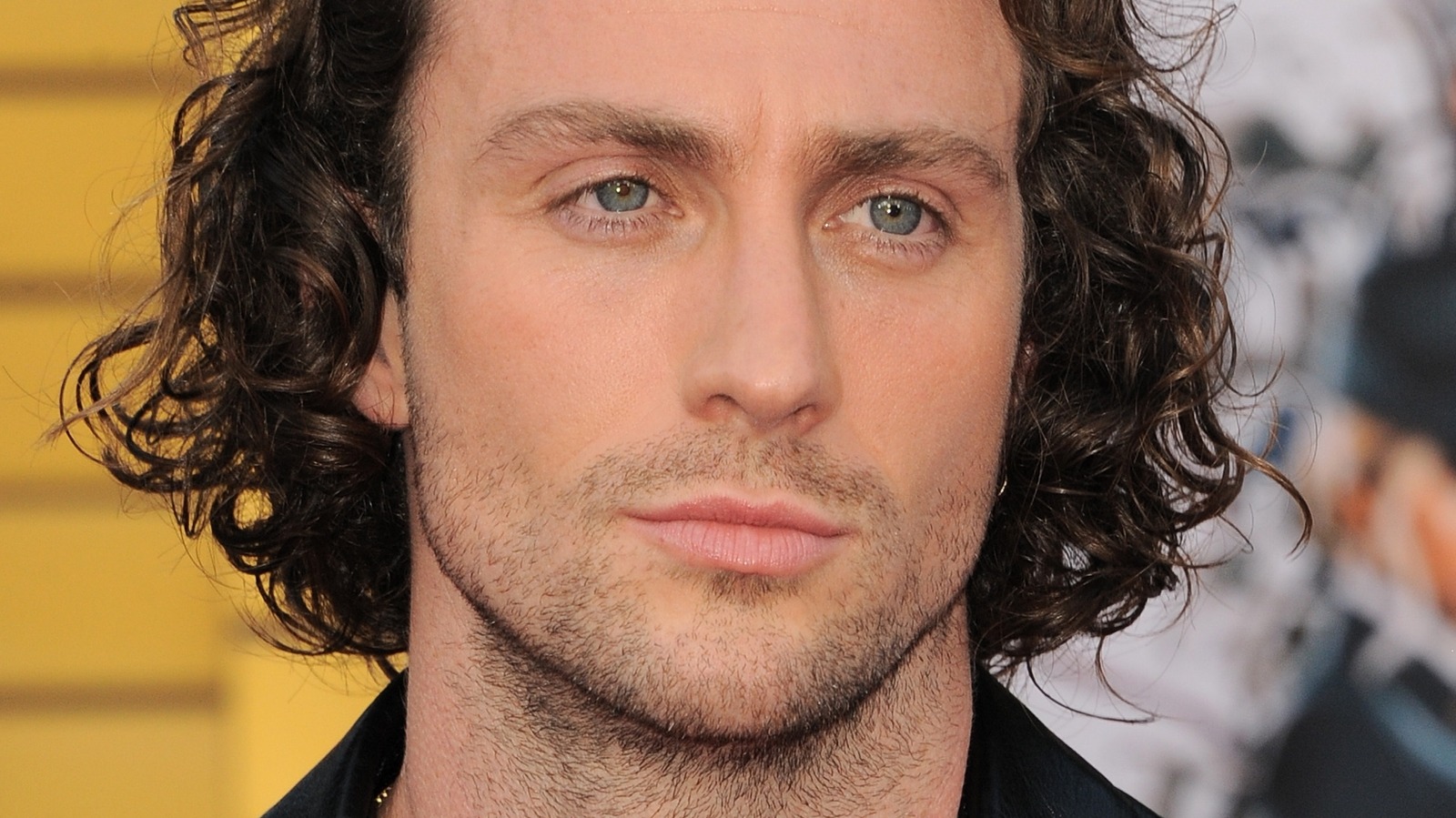After greater than 35 states joined forces to investigate Juul Labs, the corporate has agreed to a settlement of $438.5 million to settle allegations that their gross sales and advertising and marketing techniques have been largely chargeable for the nation’s teenage vaping crisis.
As a part of the settlement, Juul Labs didn’t admit to any wrongdoing, however stated in a statement on Tuesday that within the midst of ready for the U.S. Food and Drug Administration (F.D.A.) to determine whether or not or not they will preserve promoting their merchandise, they need to “resolve points from the previous,” including that the phrases of the settlement’s “aligned with our present enterprise practices which we began to implement after our companywide reset within the fall of 2019.”
Juul has positioned themselves because the serving to cigarette people who smoke give up and transition into what they contemplate a much less damaging different. “We stay centered on the longer term as we work to meet our mission to transition grownup people who smoke away from cigarettes — the No. 1 reason behind preventable dying — whereas combating underage use,” they stated.
When the vaping disaster was at its peak a couple of years in the past, the corporate took steps corresponding to halting the sale of flavored pods, which generally appealed to youngsters, and tweaking their advertising and marketing practices to attempt to answer the backlash they were receiving from involved children, dad and mom, medical doctors, and authorities officers.
Earlier than their “reset” in 2019, a few of Juul’s advertising and marketing strategies included social media campaigns, launch events, and free samples of their merchandise, based on the workplace of Texas Legal professional Common Ken Paxton.
As a part of the settlement, Juul Labs should adhere to plenty of situations, together with more-restrictively advertising and marketing to individuals beneath the age of 35, being utterly trustworthy in regards to the quantity of nicotine of their merchandise, and never allocating any funds to education in schools.
The investigation found, as outlined by William Tong, Connecticut’s legal professional normal, that Juul included principally youthful fashions of their ads, had a social media following constituted virtually 50% by minors 13 to 17 years previous, and had a “porous” age verification system for customers.
Different suspicious conduct on behalf of the corporate was highlighted by Virginia’s legal professional normal, Jason Miyares, who defined in a statement that moreover its methodology of promoting candy, candy-like flavors that appealed to underage customers, the corporate additionally gained reputation by designing their vape machine in a method that made it considerably simpler to cover than different e-cigarette alternate options.
This previous June, the F.D.A. banned Juul from promoting their cartridges and vape merchandise, revoking their marketing authorization. In July, the F.D.A. temporarily suspended the ban after Juul Labs appealed the choice. Beforehand, the labs had been banned from selling their merchandise on Instagram and from promoting flavored “pods” or cartridges. Now, Juul’s tobacco and menthol-flavored merchandise are nonetheless on the market because the F.D.A. retains the corporate beneath evaluation.
Although the corporate has settled this lawsuit and a pair others, they nonetheless have 9 substantial instances which are ongoing. On a smaller scale, Juul Labs is presently round 3,600 lawsuits from particular person customers and their households, native governments, and the like.
The $438.5 million settlement is about to be paid by Juul Labs over the course of six to 10 years. As of proper now, the way in which states will use their shares of the settlement differ. In accordance with Legal professional Common Tong, Connecticut’s approximate $16.2 million share will fund vaping and nicotine prevention, training, and remedy. Texas predicted it will obtain virtually $43 million from the settlement, and Virginia round $16.6 million. Different states have additionally expressed their intentions to place their shares in the direction of vaping and tobacco consumption-related prevention measures.
The states and territories who have been concerned within the settlement are: Alabama, Arkansas, Connecticut, Delaware, Georgia, Hawaii, Idaho, Indiana, Kansas, Kentucky, Maryland, Maine, Mississippi, Montana, Nevada, North Dakota, Nebraska, New Hampshire, New Jersey, Nevada, Ohio, Oklahoma, Oregon, Puerto Rico, Rhode Island, South Carolina, South Dakota, Tennessee, Texas, Utah, Virginia, Vermont, Wisconsin and Wyoming.
Source 2 Source 3 Source 4 Source 5


